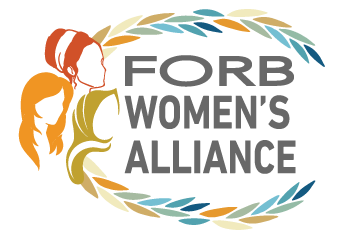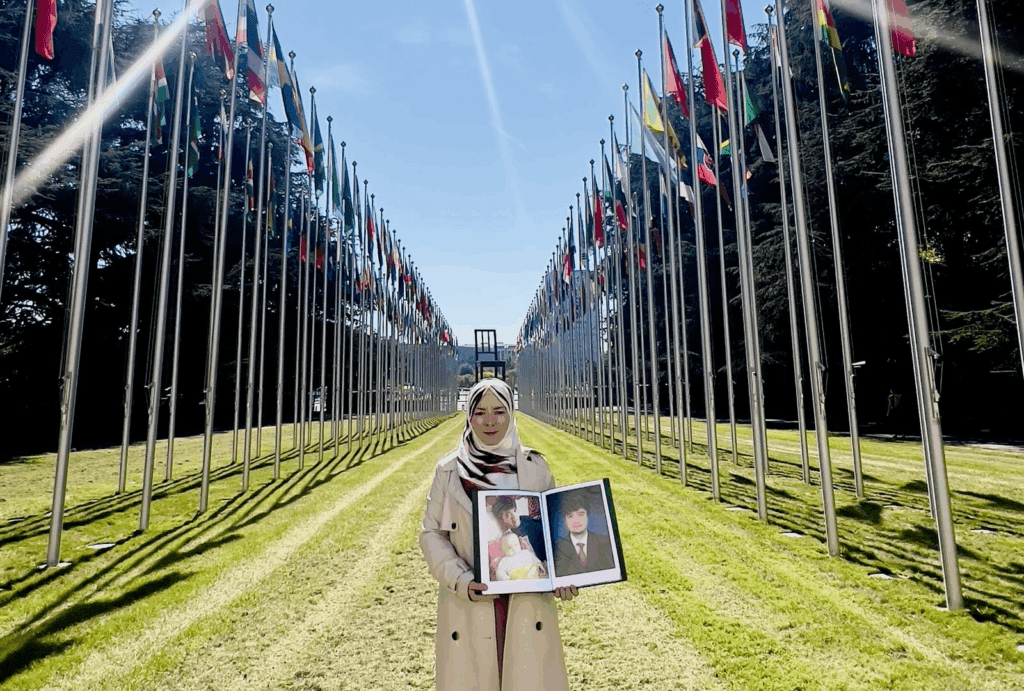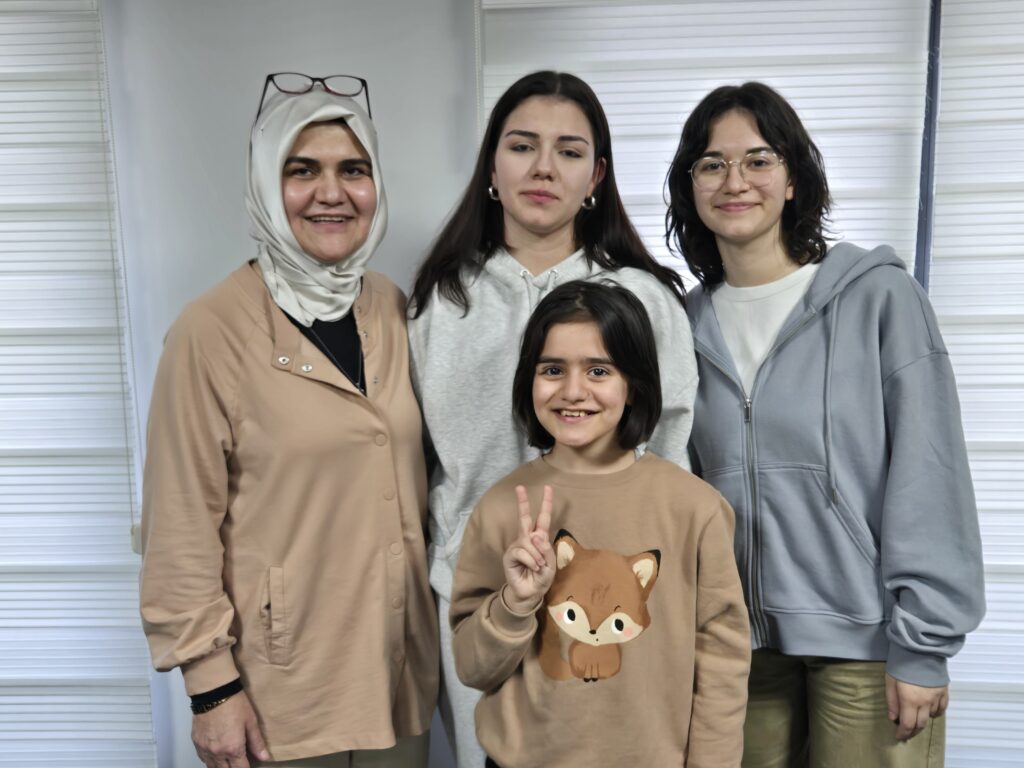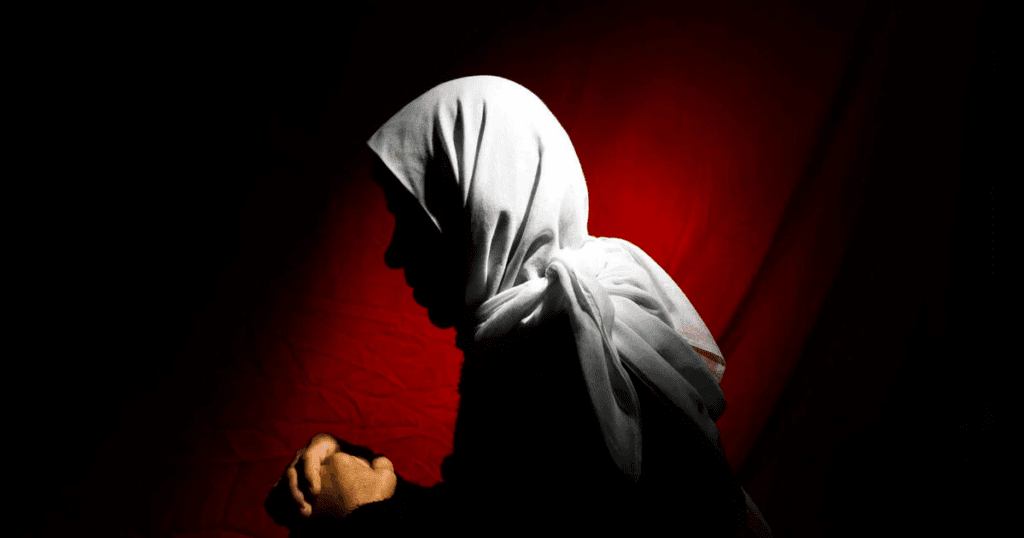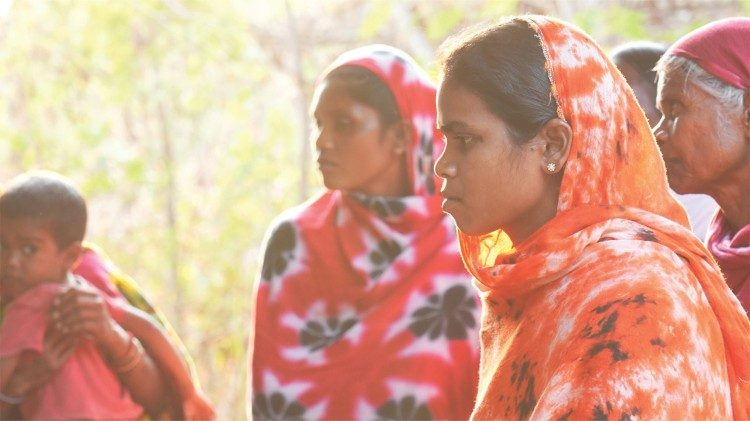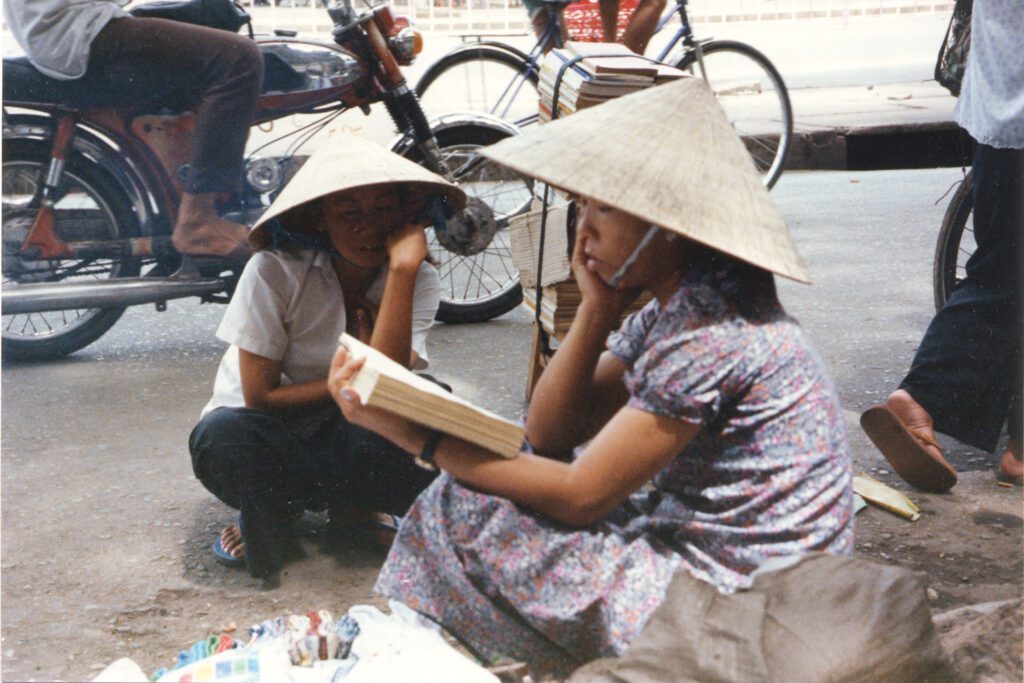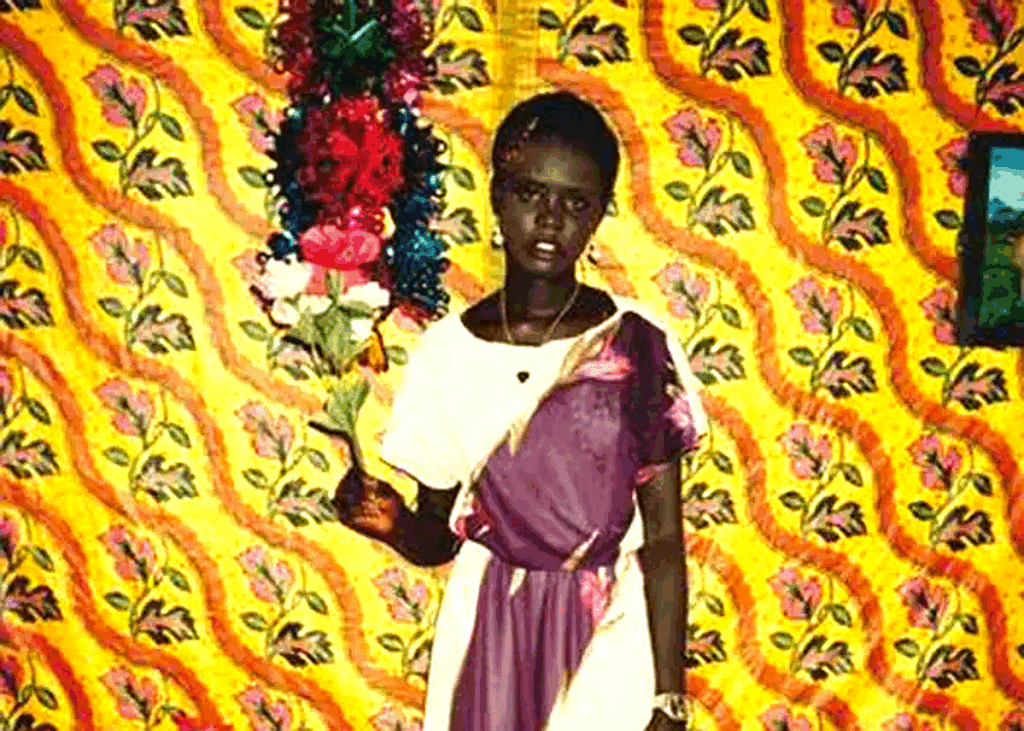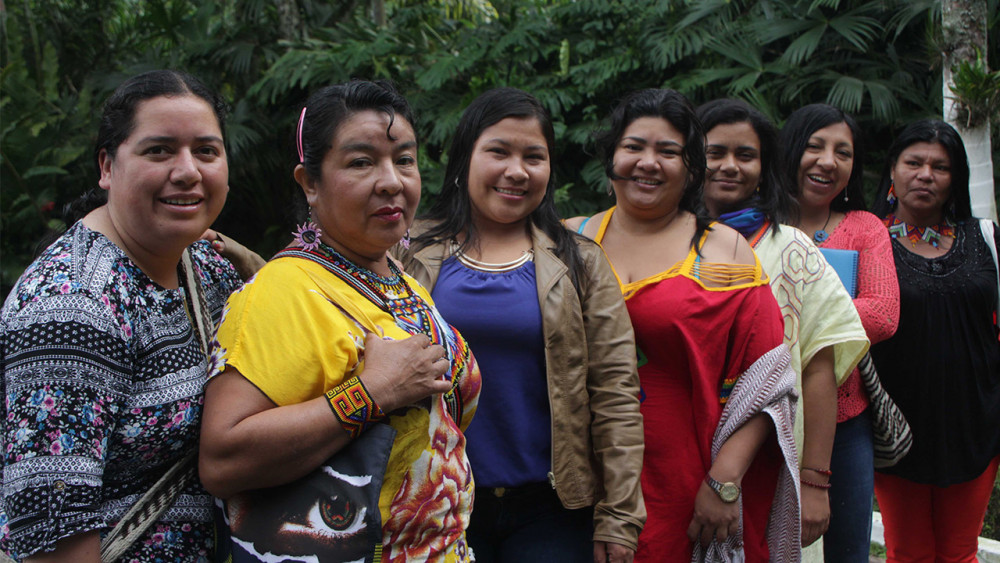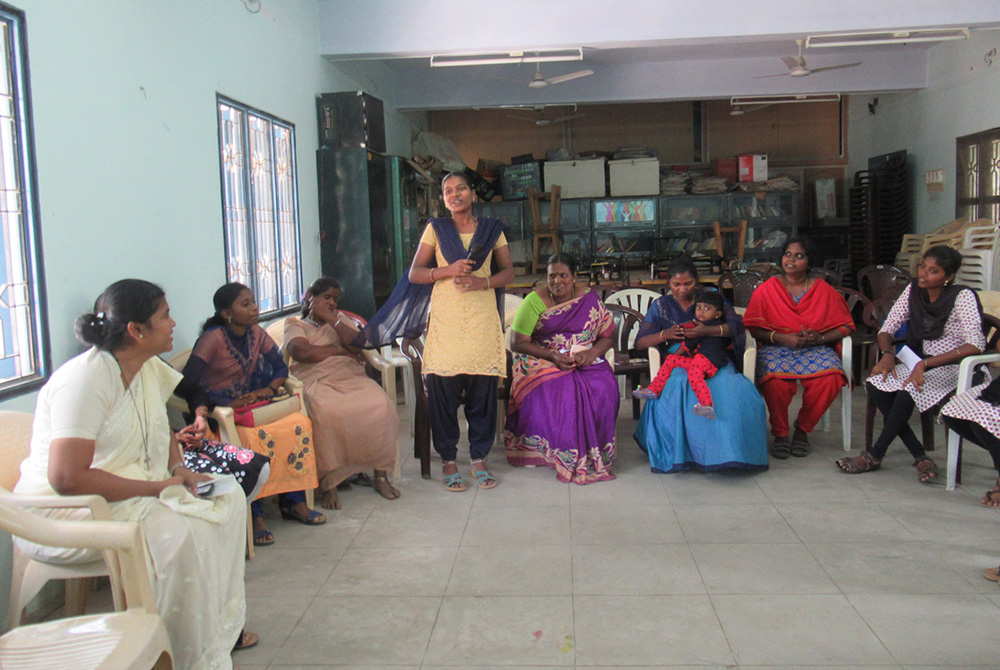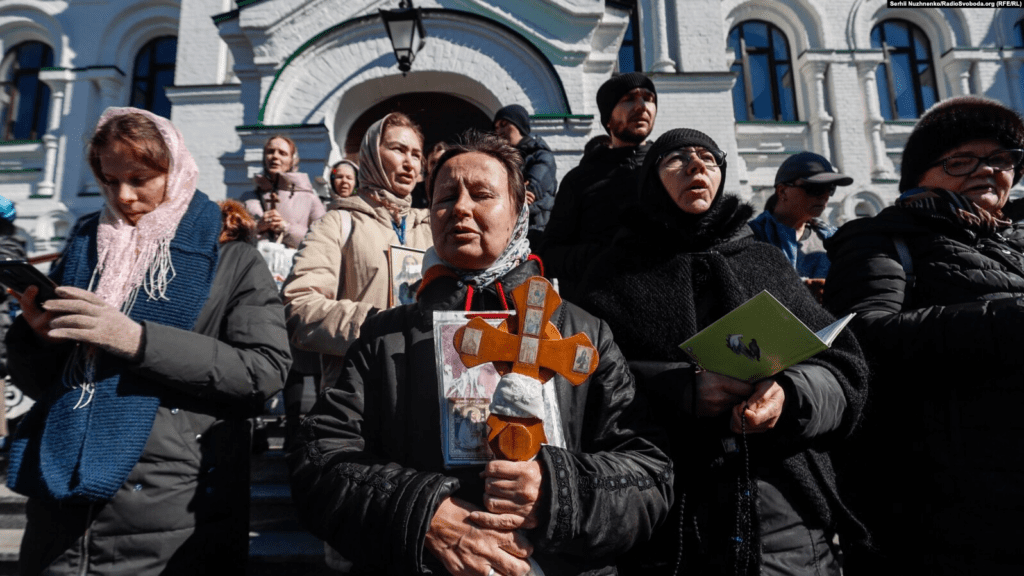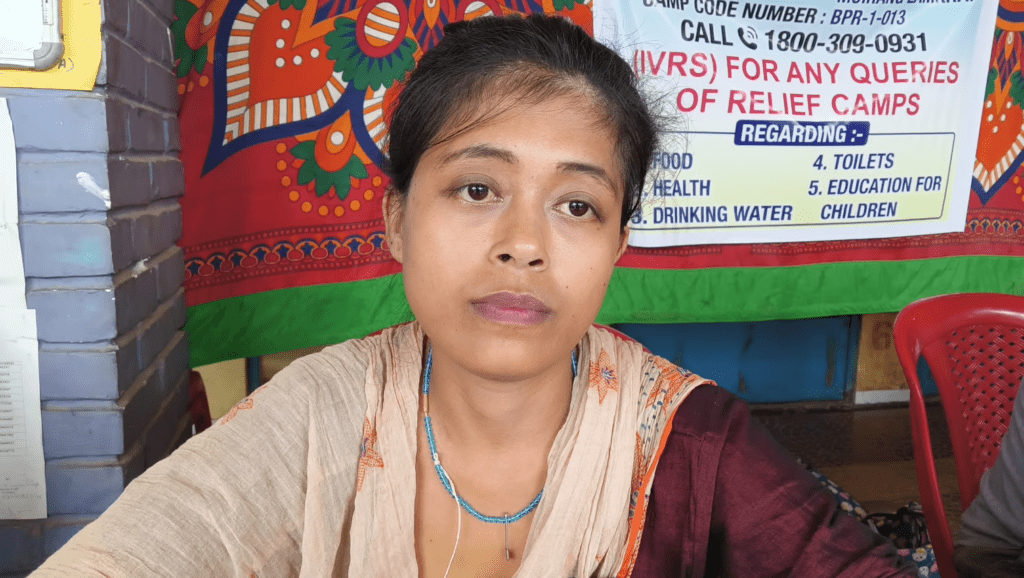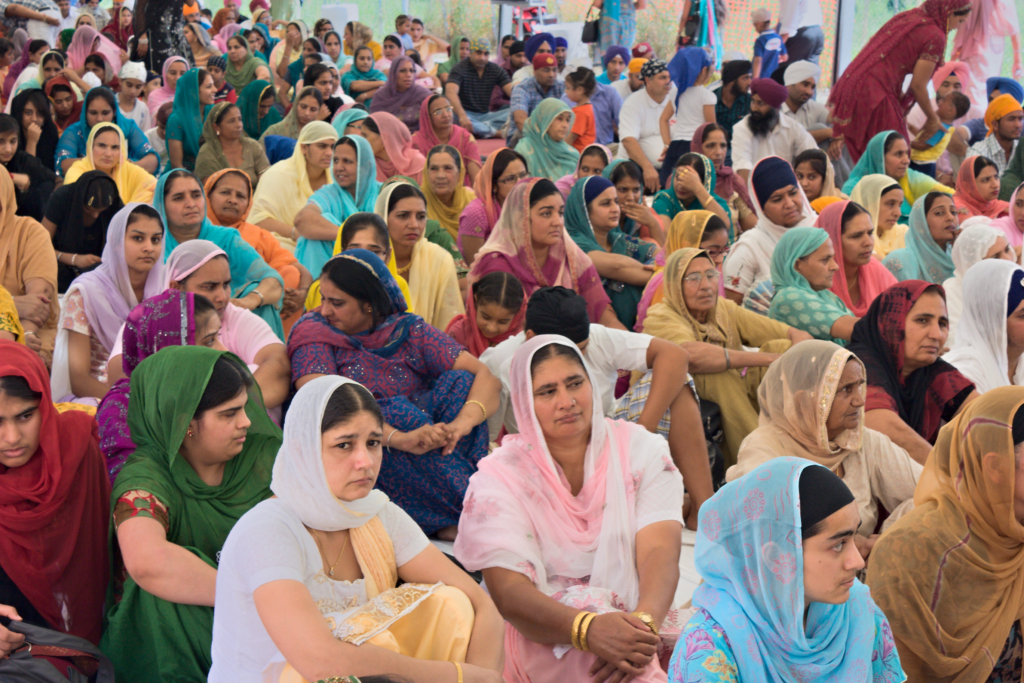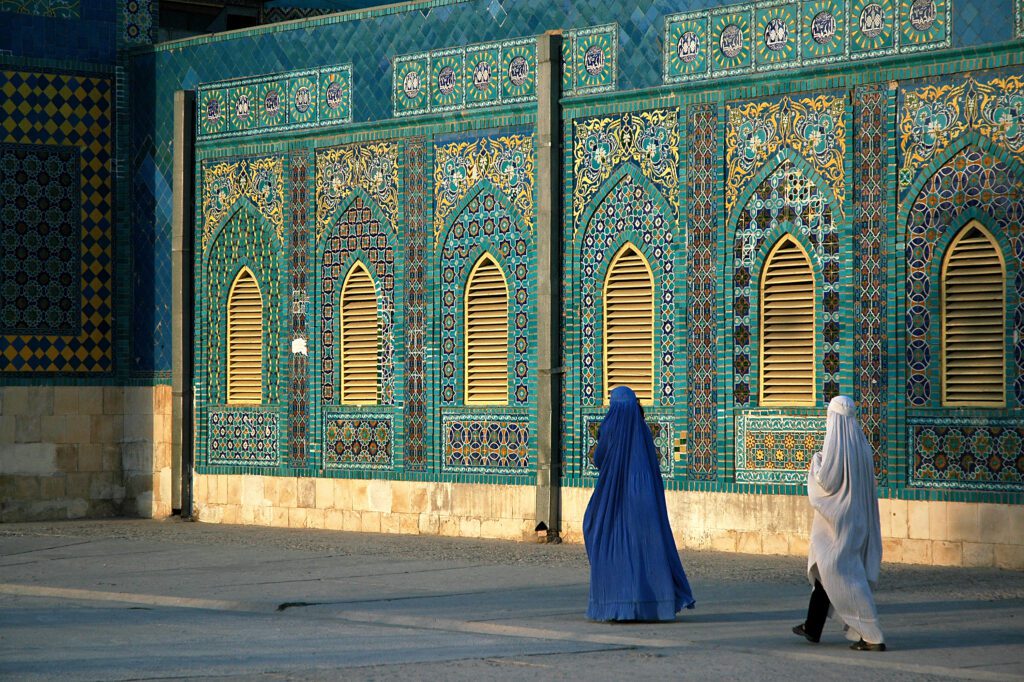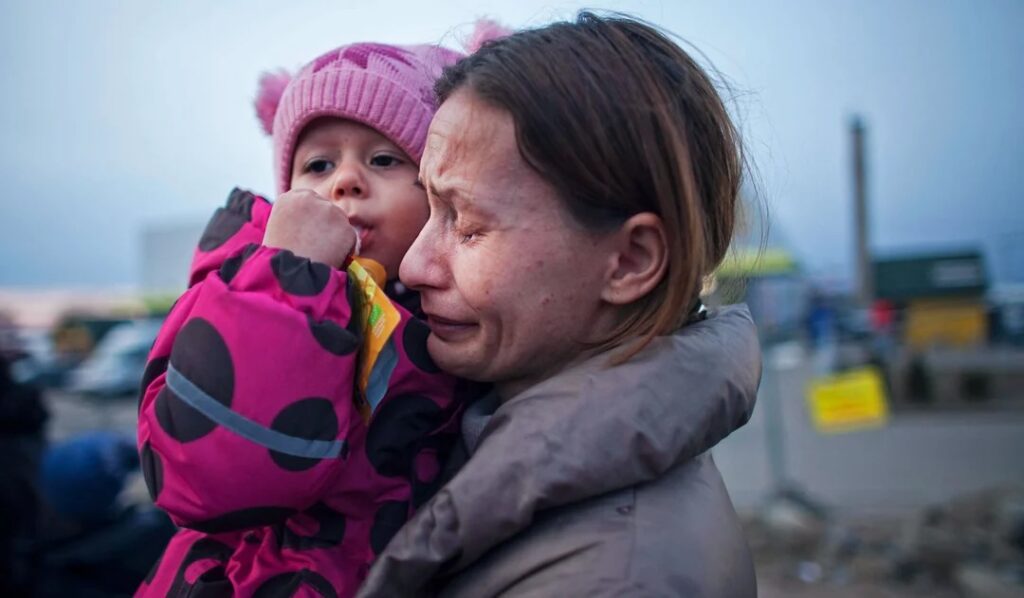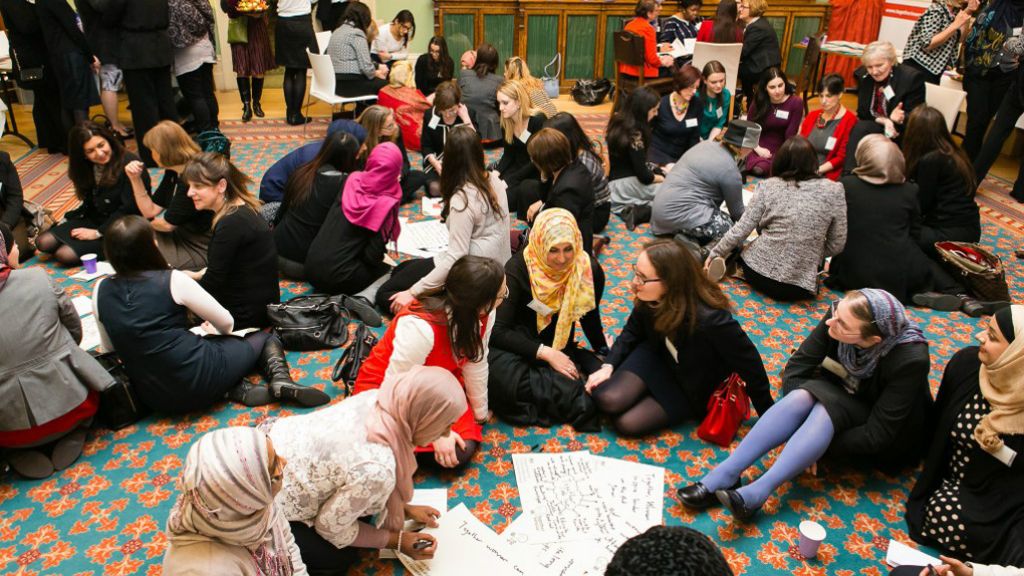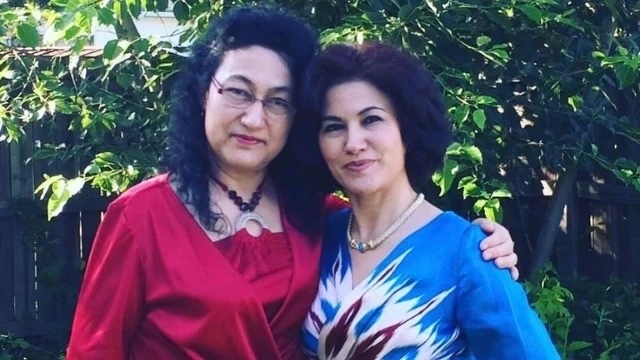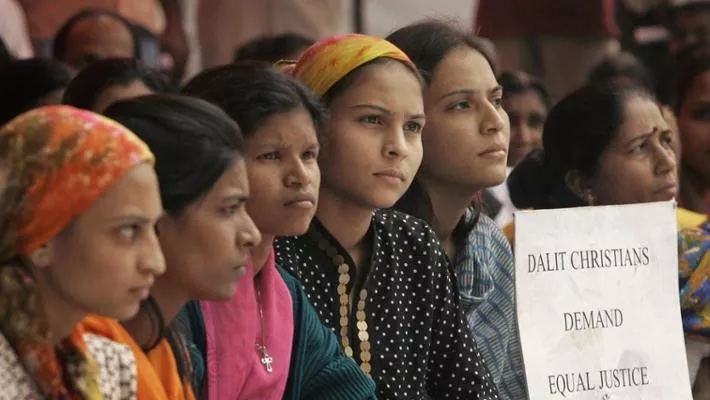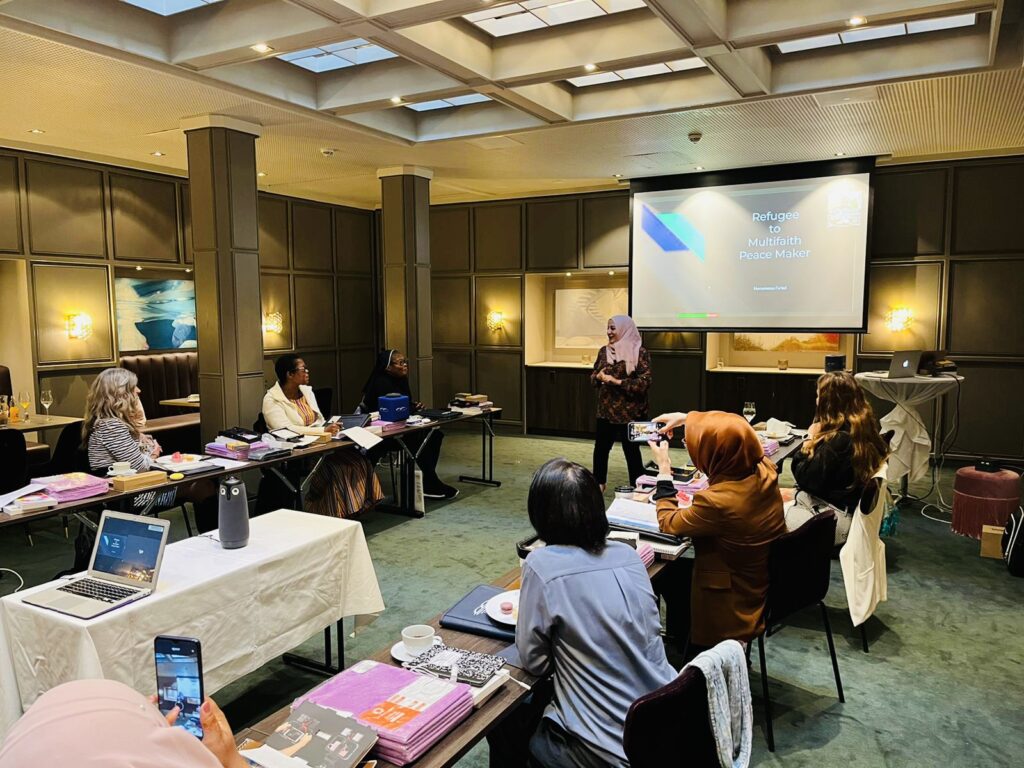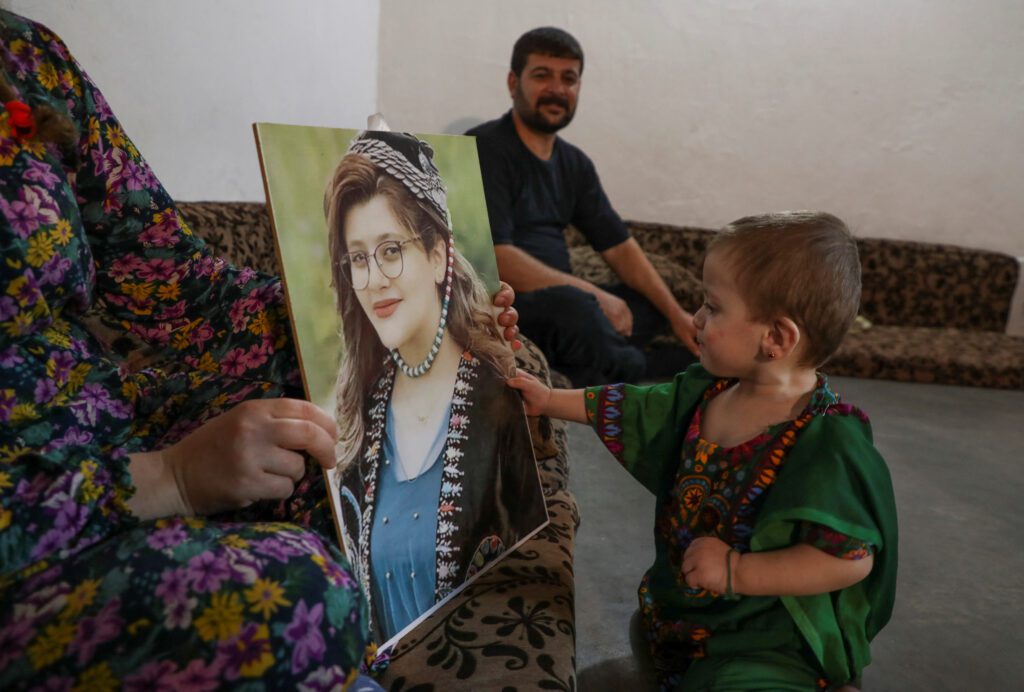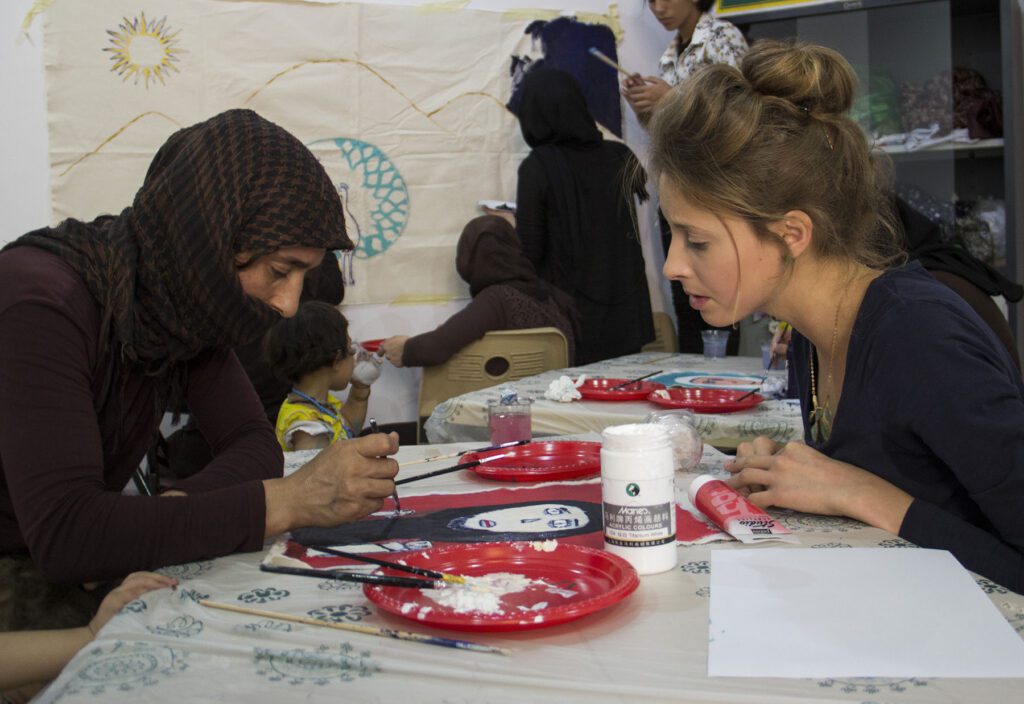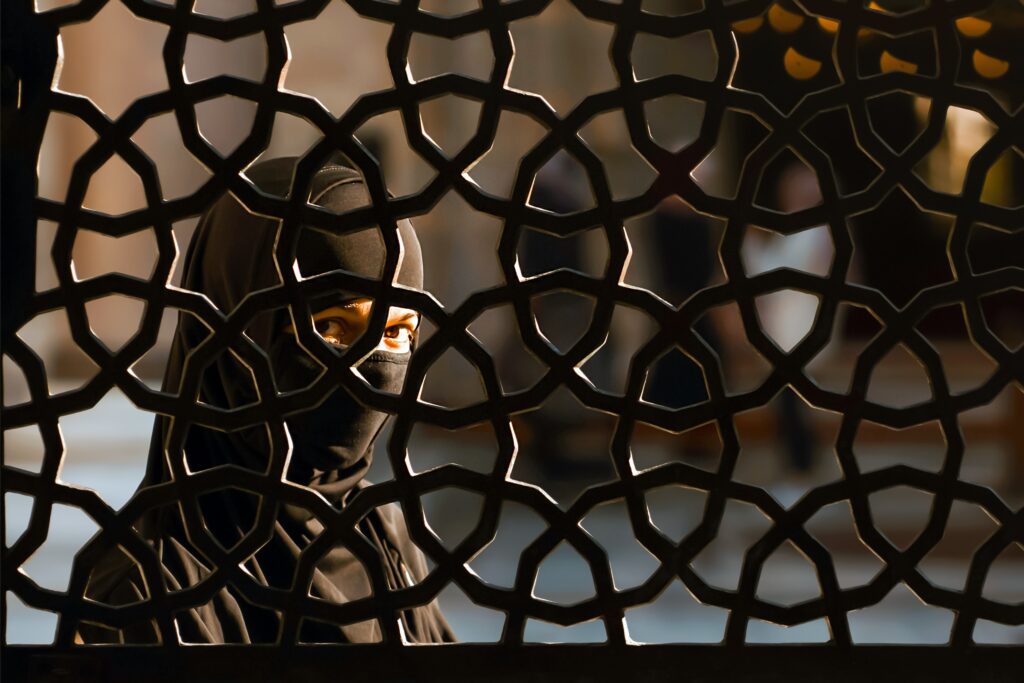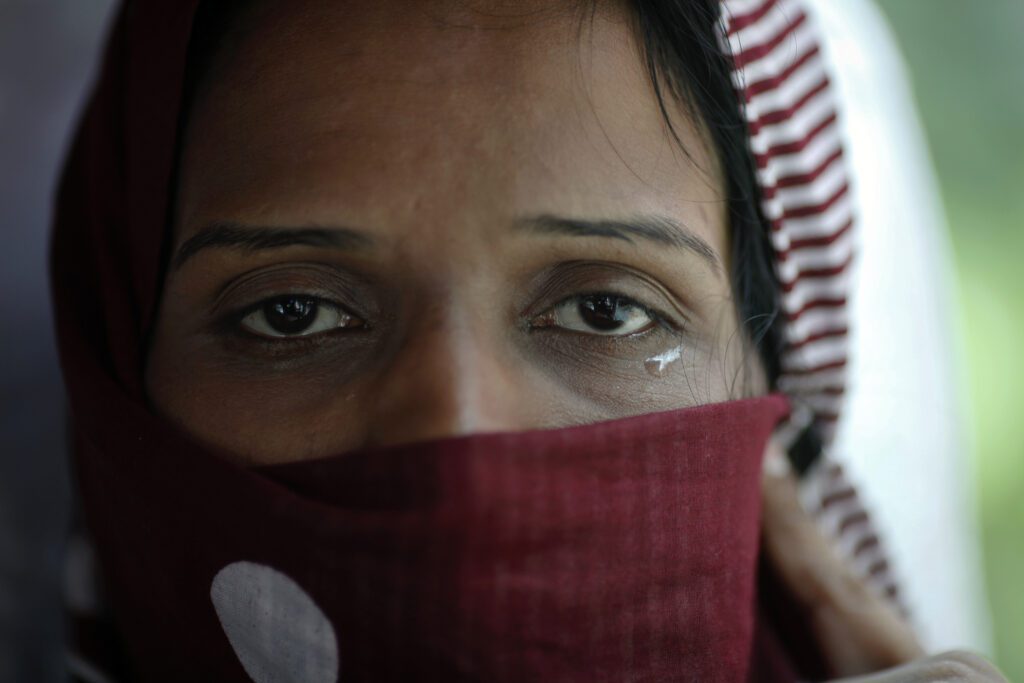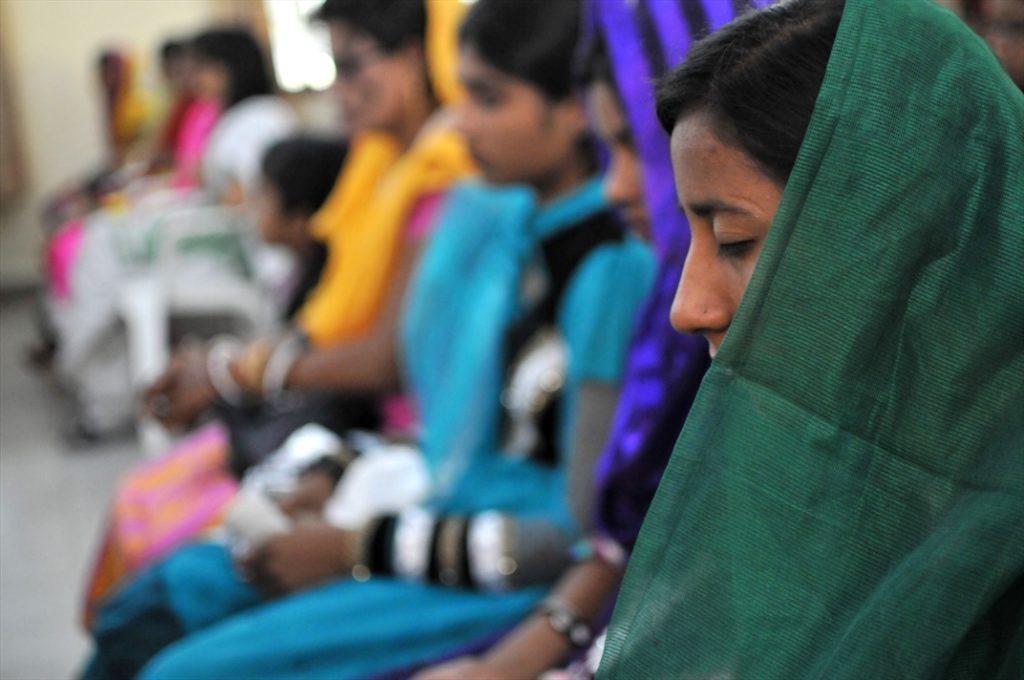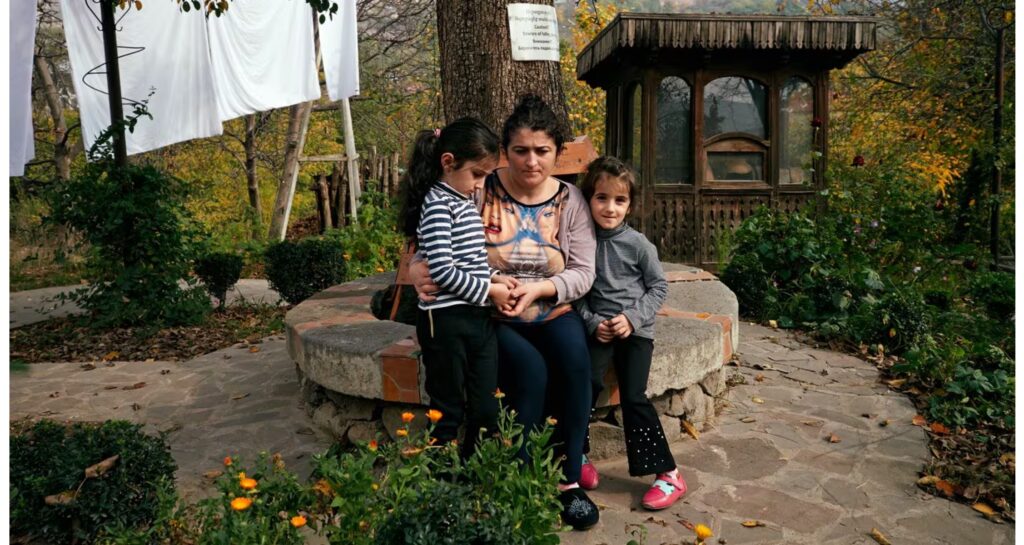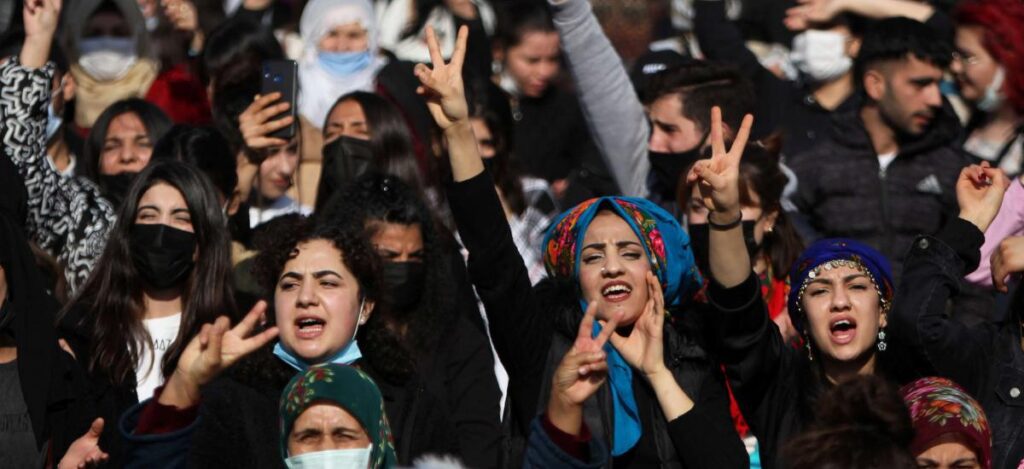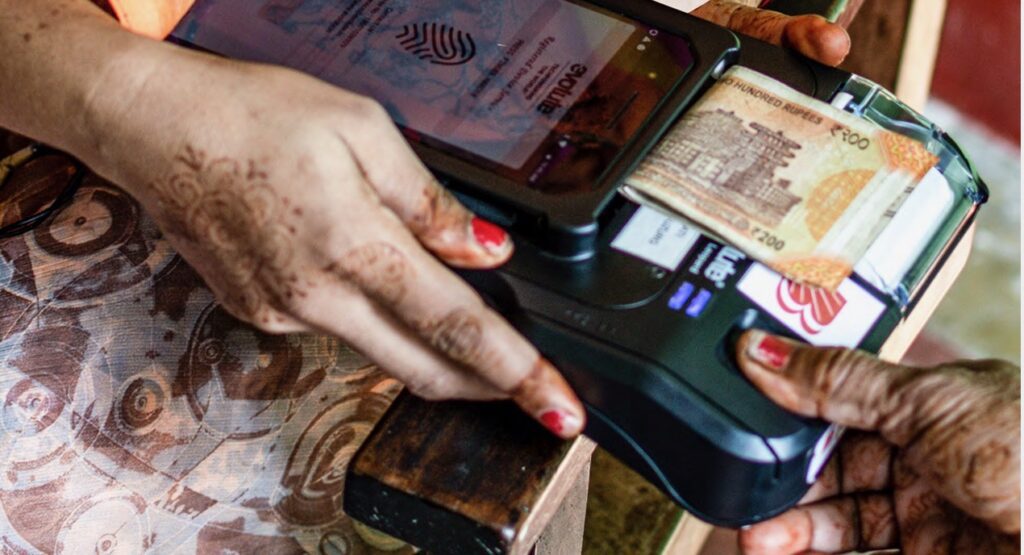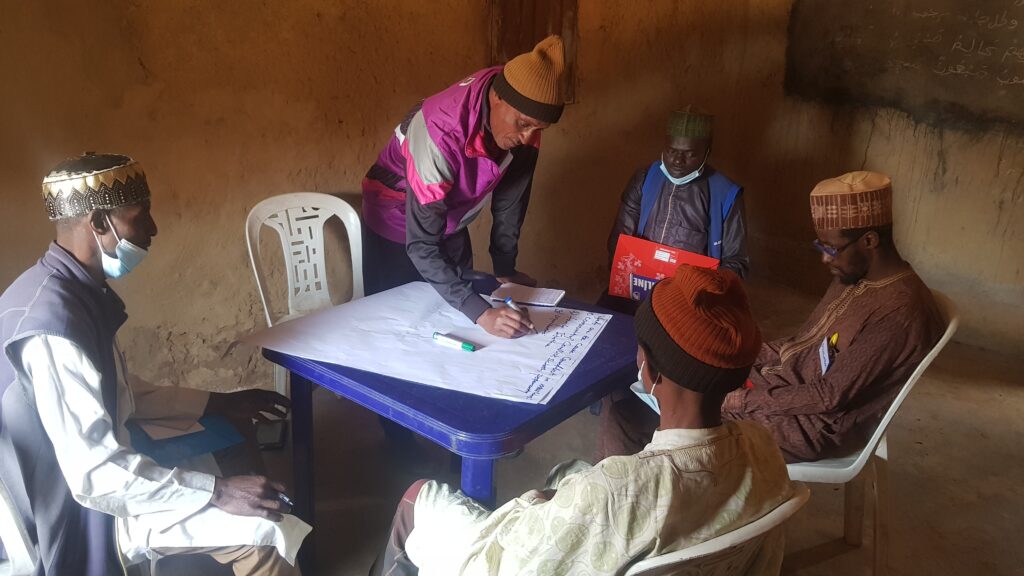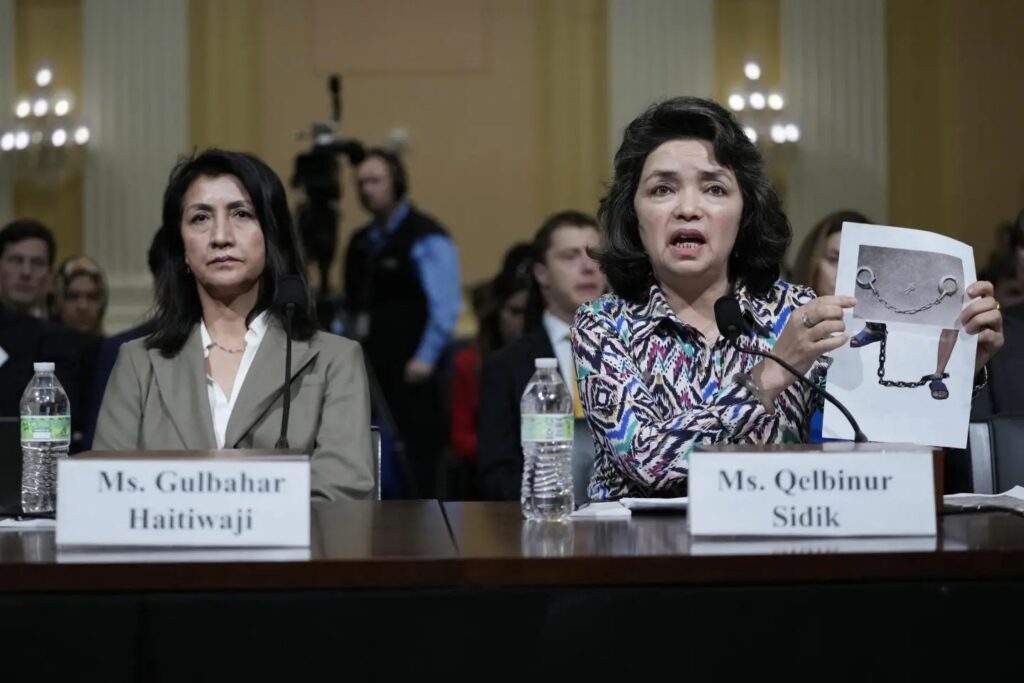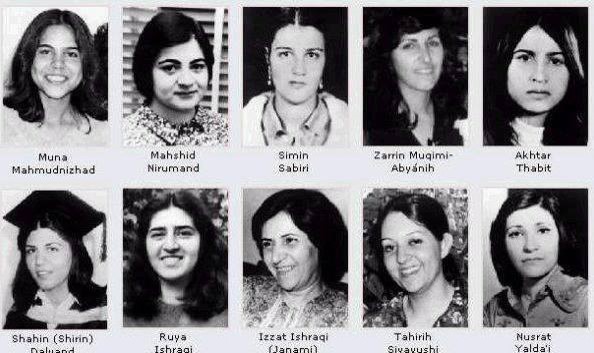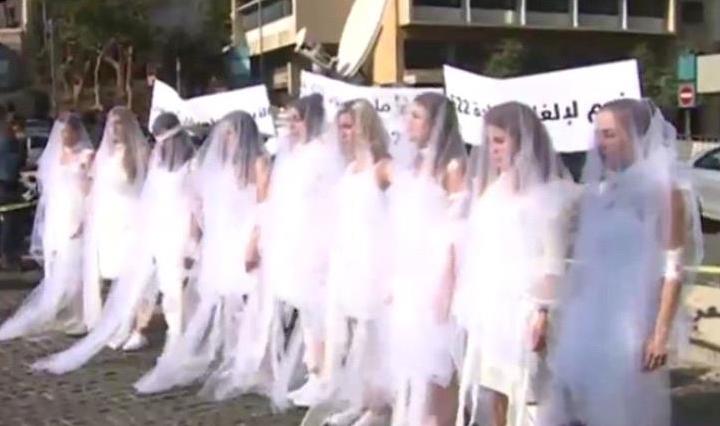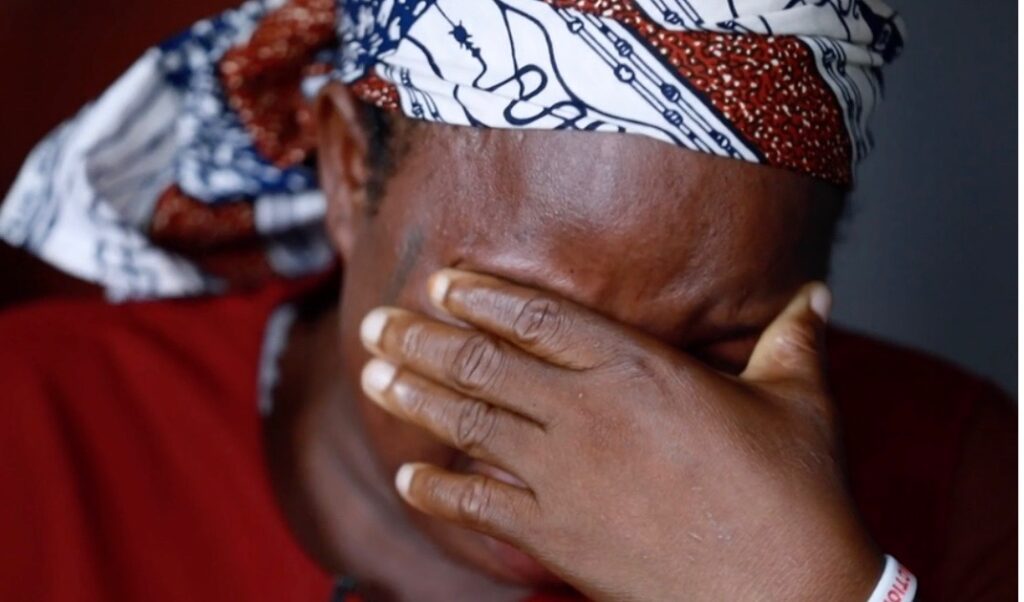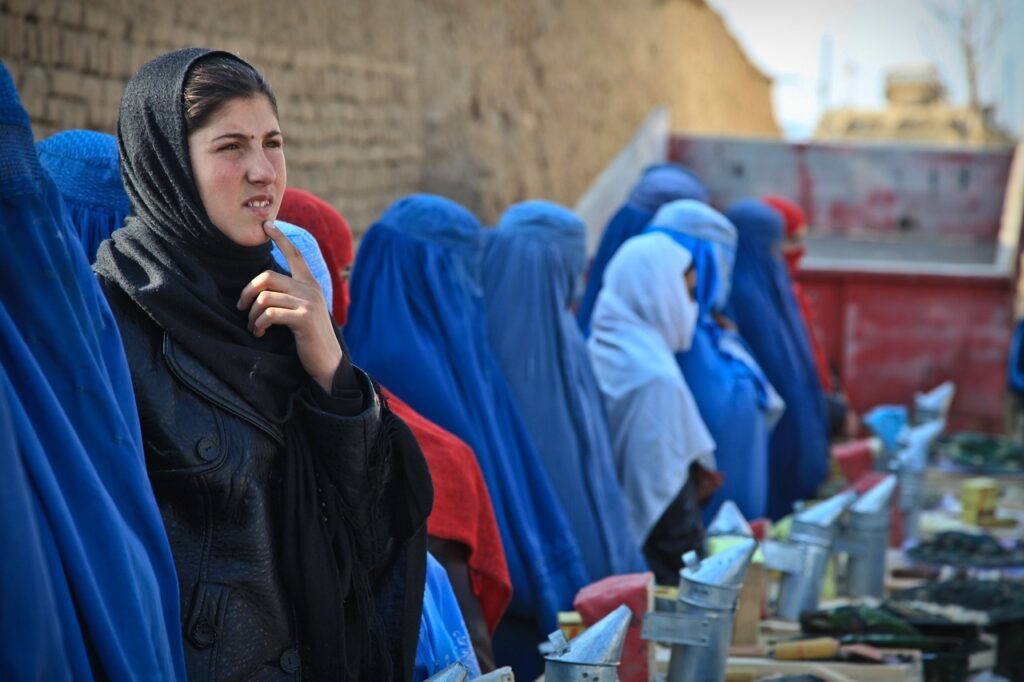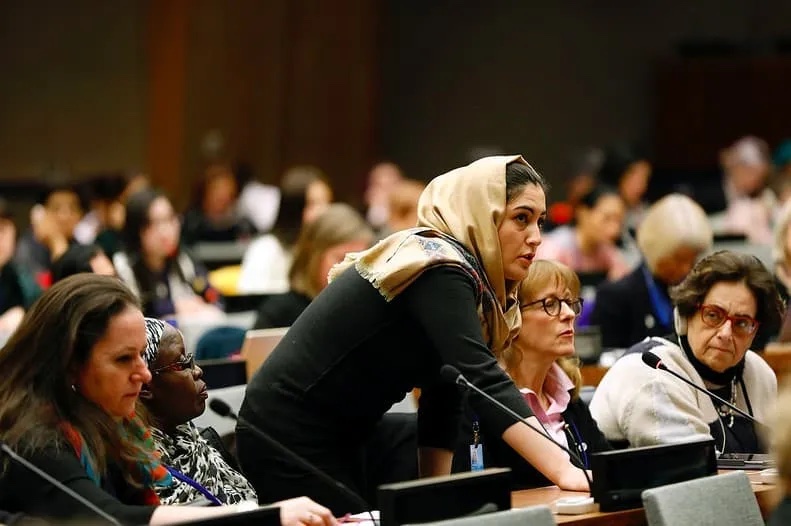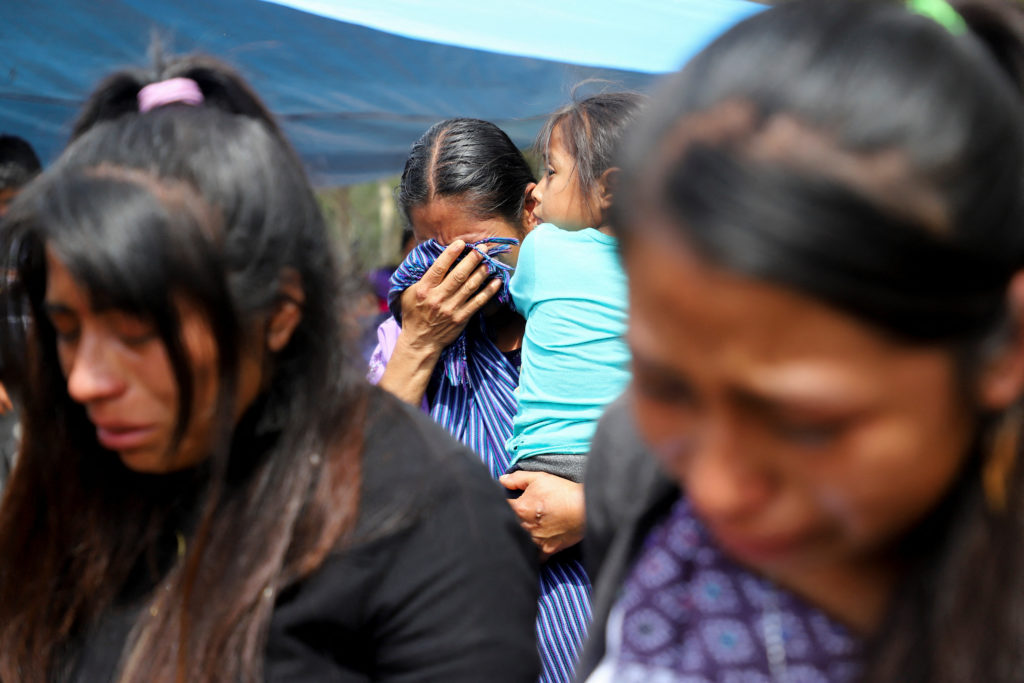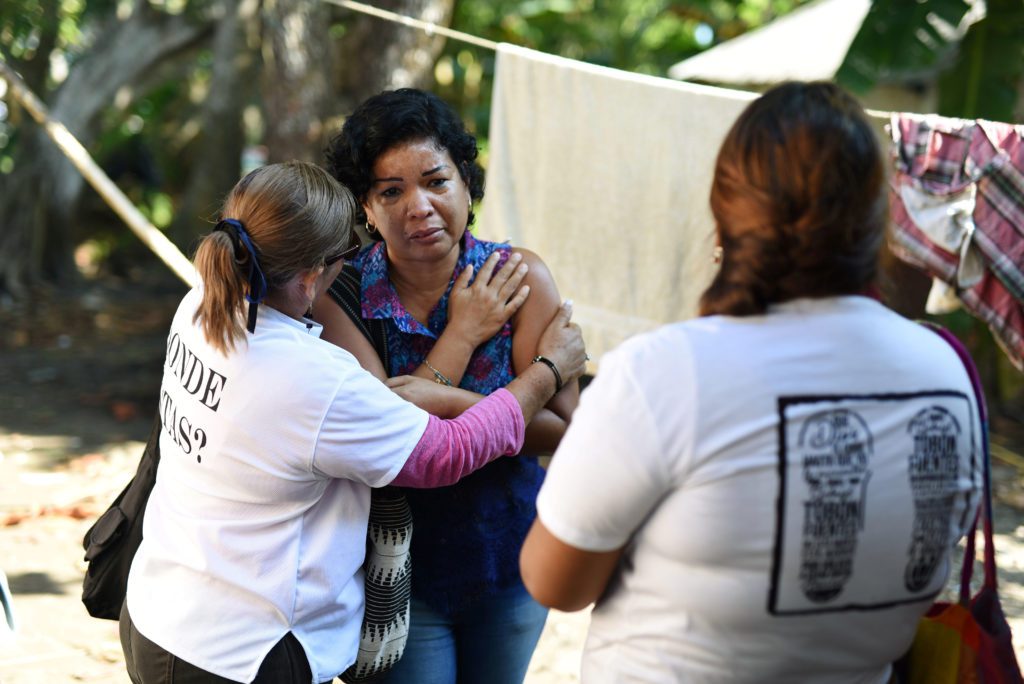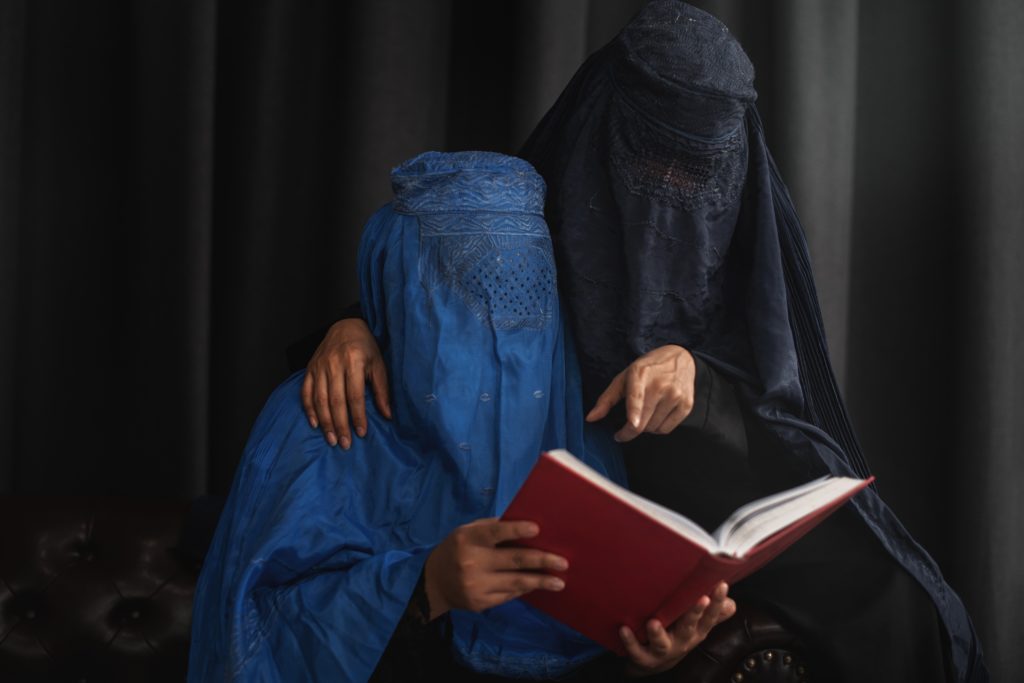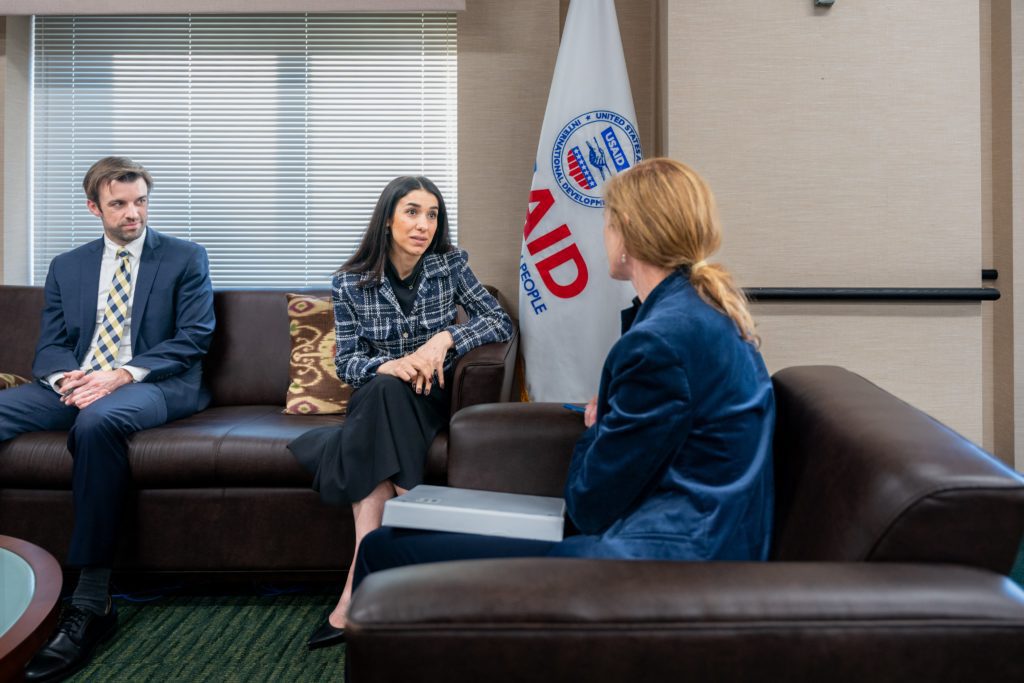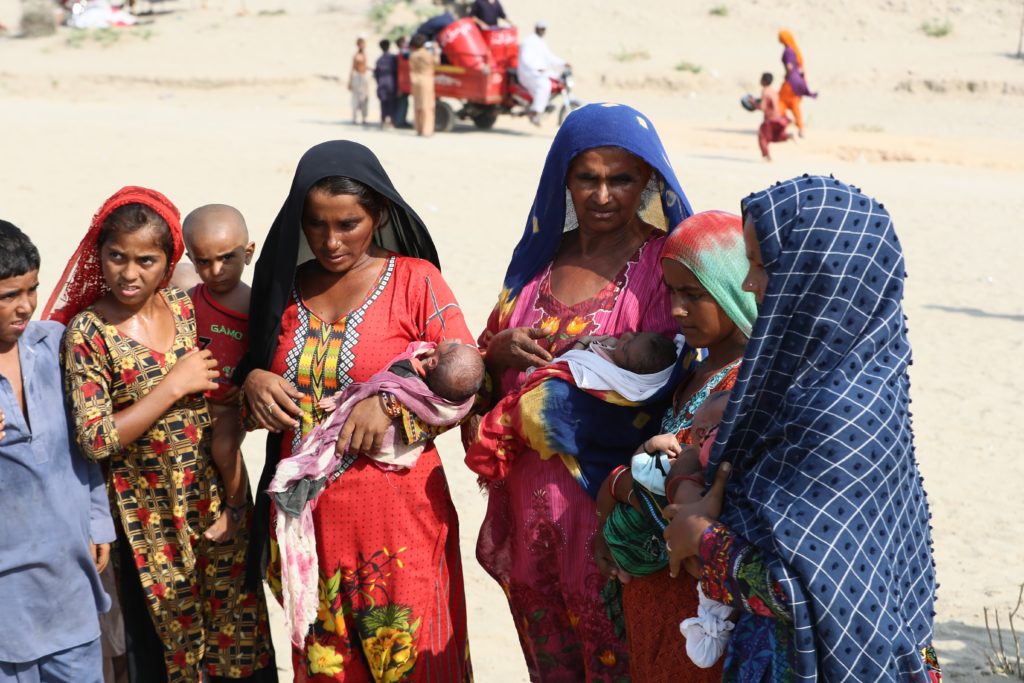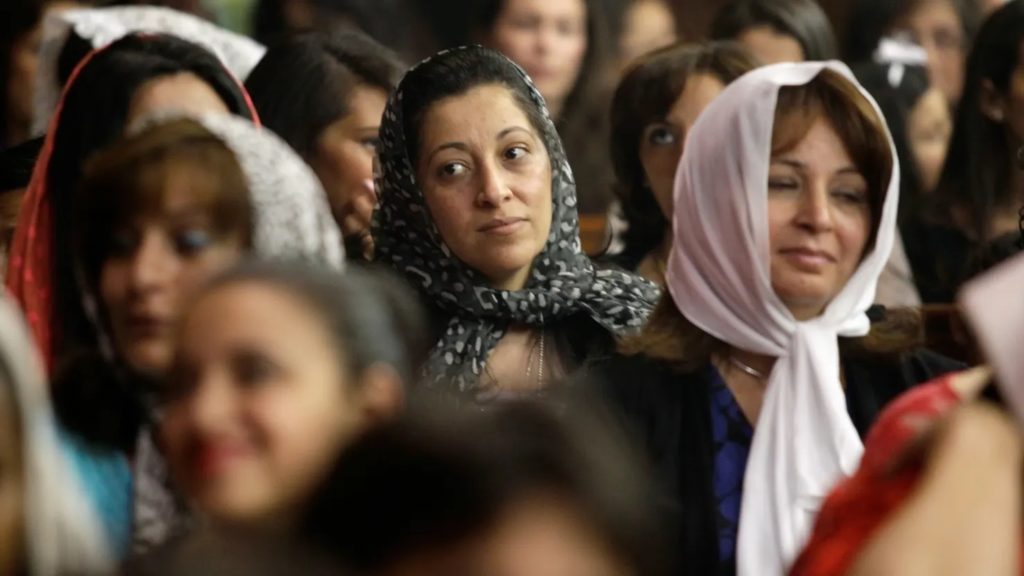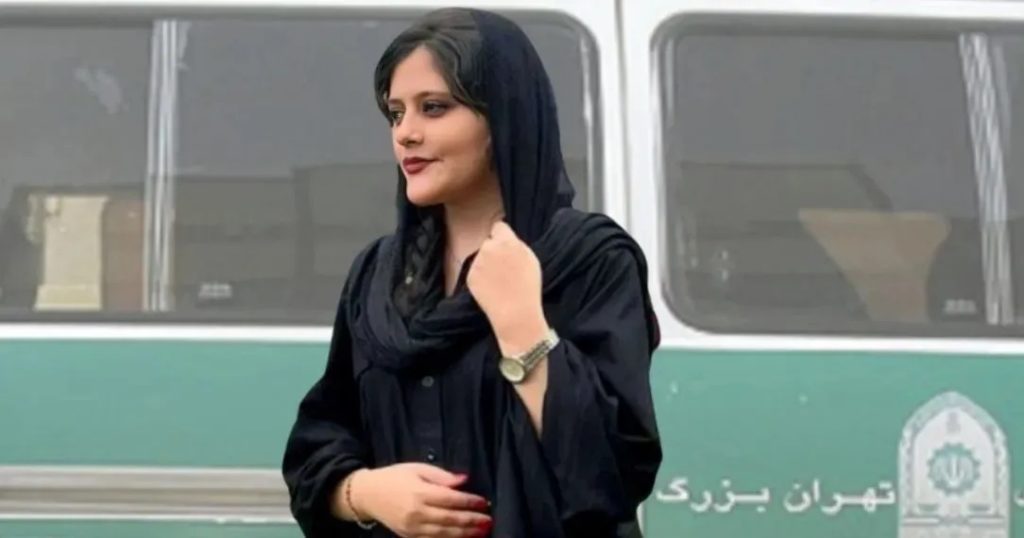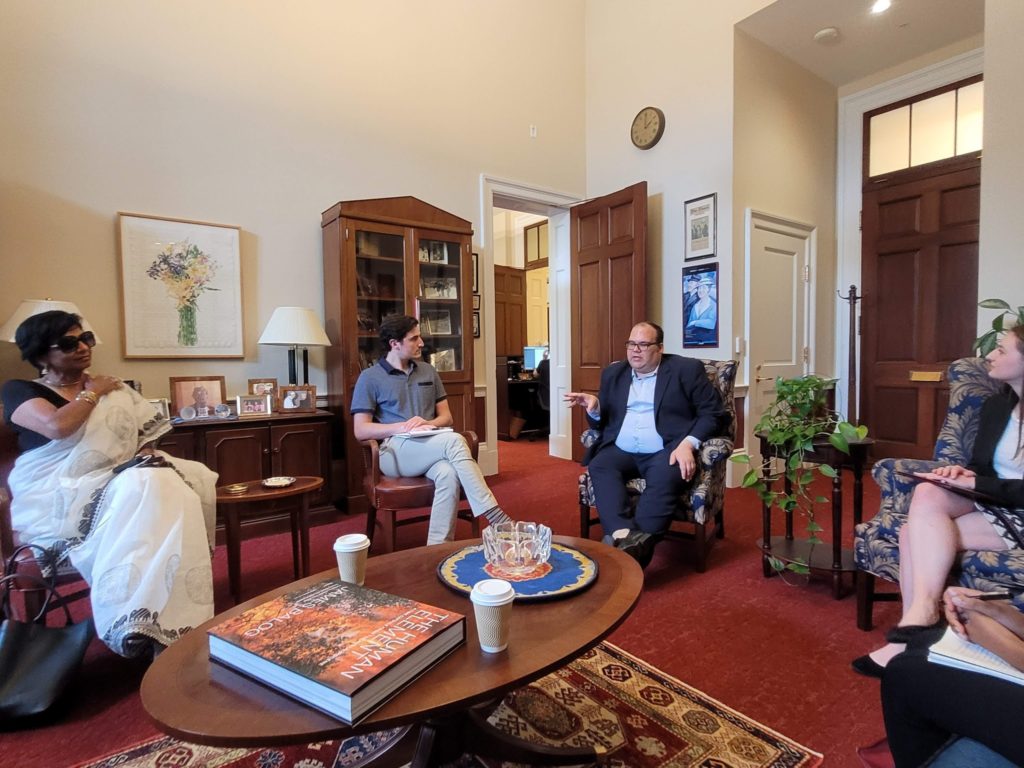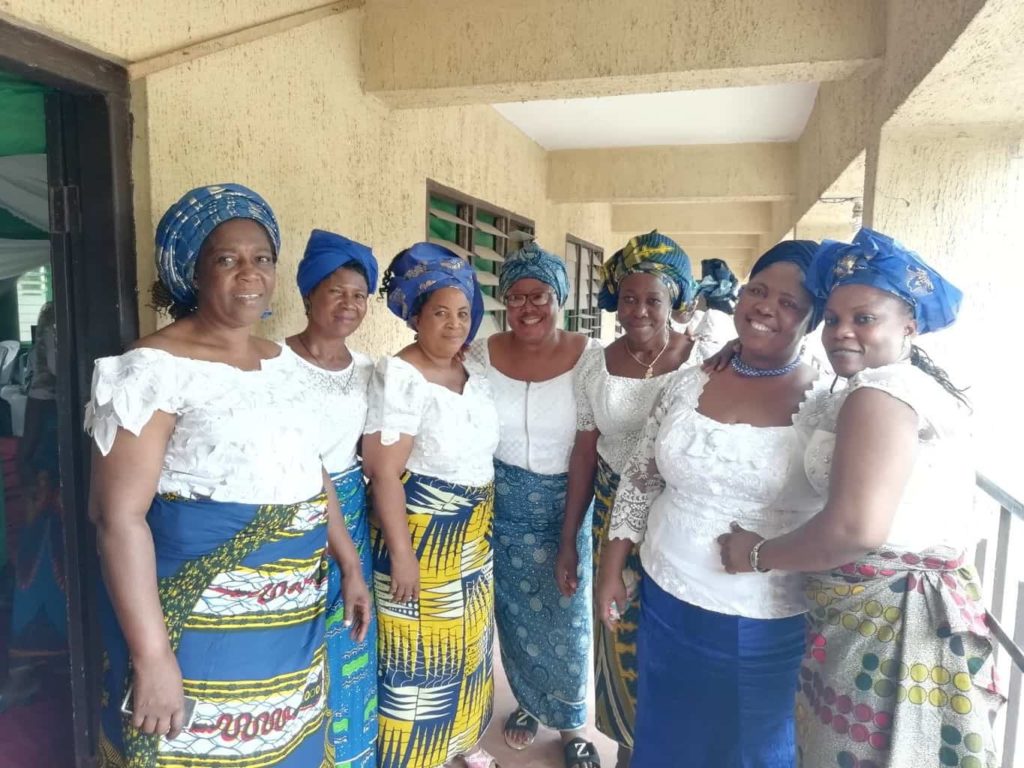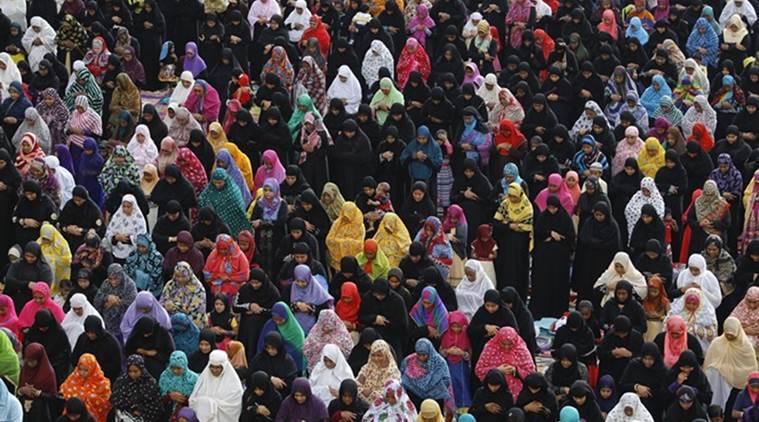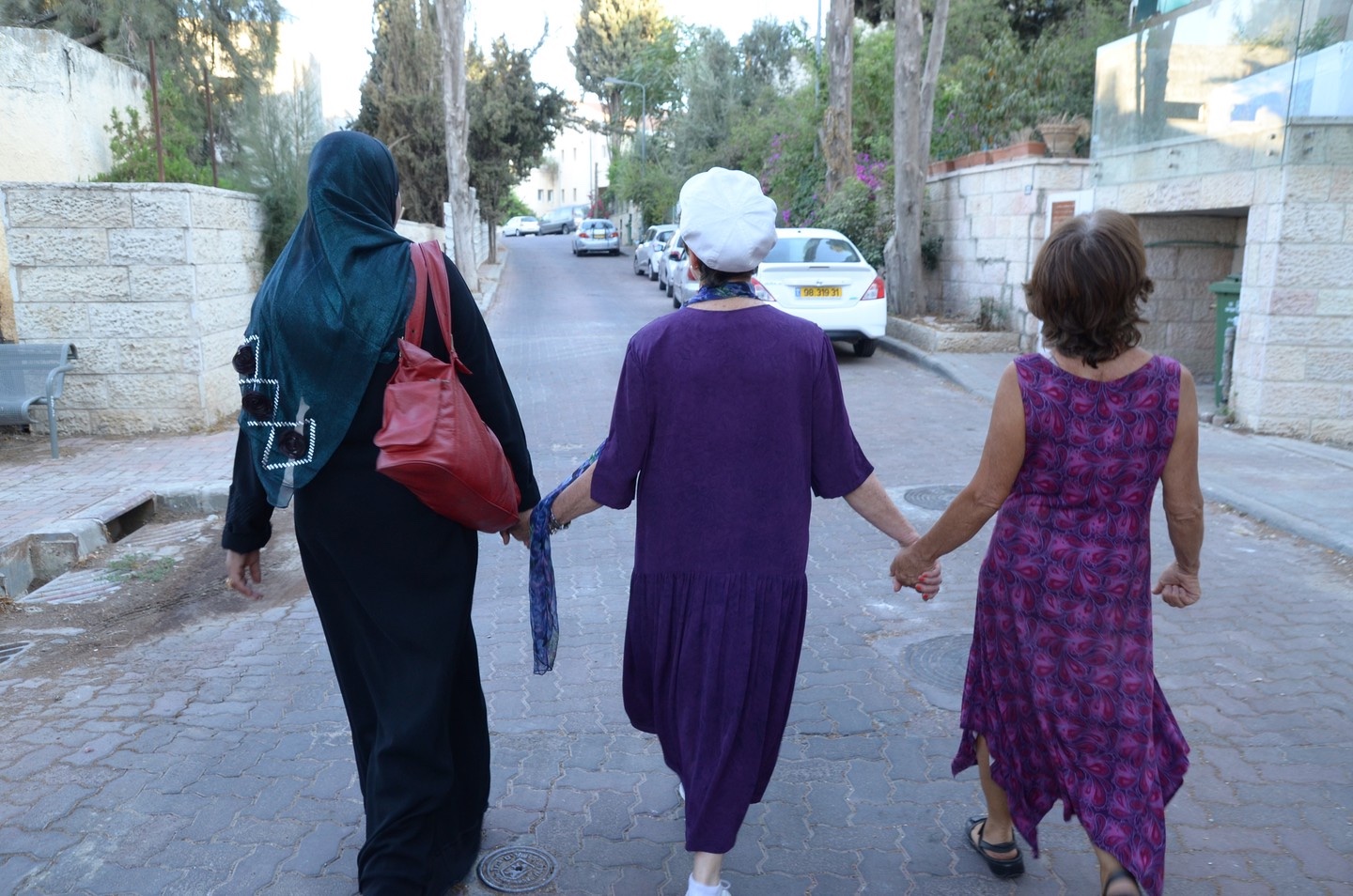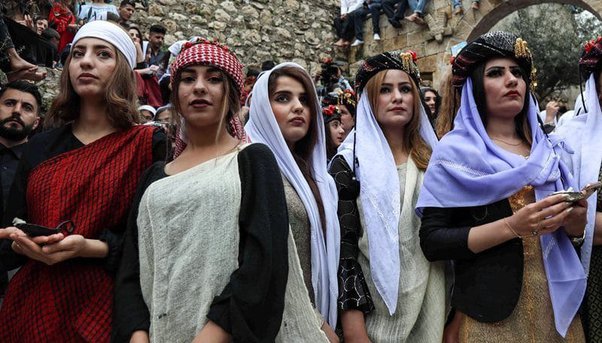Over three months ago a revolution began in Iran. This revolution was sparked by the death of a 22-year-old young woman, Mahsa Amini. The Iranian authorities killed her. Her “crime” was that she did not wear her hijab in accordance with government standards that mandate that every strand of hair must be covered.
We admire the bravery of many young women and girls and their allies who are protesting against the religious and political authorities for their patriarchal choke hold on women and girls’ right to self-expression. The bravery of these individuals has ignited the call for justice for Ms. Amini, turning it into a movement against the ever-tightening grip of a theocratic system and its moral police, a grip that many in the Muslim world know all too well.
Muslim-majority governments across the world have created a unique, religious-based moral police that ruthlessly applies these governments’ perverted interpretation of Islam to enforce a rigid, authoritarian moral code that dictates every aspect of their citizens’ lives. The problem with these moral codes is that there is no basis in Shari’a law for a government to exercise significant control over the human rights of its citizens. In fact, using Shari’a law to justify such oppression is a myth perpetrated by those who seek power by falsely claiming that Shari’a law is actually God’s law and therefore something that we Muslims must follow without question. The media, particularly in the West, is just as ignorant about what Shari’a Law is, thus reinforcing that the untruths are “based on a conservative interpretation of Shari’a, or Islamic, law”. Nothing could be farther from the truth. Shari’a is a way of life given to humans by God and therefore cannot be manipulated into an enforceable man-made law. To consider it as such is not only inaccurate, it’s actually a bastardization of Islam.
Take for example the right to believe in a God or not, and the right to express our belief, regardless of how that belief manifests. The Qur’an is incredibly clear in protecting the rights of all individuals to choose their religion or non-religion and freely practice their religion as they see fit. For example, Surat Al-Baqarah, Verse 256, reads “There is no compulsion in faith.” In another chapter, Surah Al-Kafirun, Verse 2 – 6, reads “I do not worship what you worship, nor do you worship what I worship. I will never worship what you worship, nor will you ever worship what I worship. You have your way, and I have my Way.” Both of these verses offer an explicit command that religious freedom and the freedom of expression are to be protected for all, long before it became a charter in the United Nations Declaration of Human Rights. And yet, Muslim-majority countries vagrantly disobey these commands.
In the secondary text in Islamic Jurisprudence, the Hadith, it is said that Prophet Muhammad (PBUH) did not punish a convert to Islam for converting back to his original religion, opting to allow him to freely practice the religion of his choice. In addition to recorded Hadith, the various Covenants of Prophet Muhammad (PBUH) demonstrate his amicable relationships with the Jewish and Christian tribes across the Arab peninsula, stating their rights were equal to those of Muslims.
Entire books have been written on the importance of religious freedom and freedom of religious expression in Islam and Islamic jurisprudence. The examples I provide above highlight what has been underscored elsewhere: An institution as authoritarian and oppressive as a moral police has no basis in Islam, the Qur’an or the traditions of Prophet Muhammad. Rather than act as “servants of God” as they present themselves to be, these are morally corrupt institutions that are answerable only to the politicians that fund them to oppress their own people.
The brutality and arrogance of the moral police have been evident for decades in countries like Iran, Saudi Arabia, and Afghanistan. At the root of these morally corrupt and flawed institutions is the need to police people’s movements, actions, emotions, and beliefs, especially those of Muslim women and girls, with the end goal of controlling them and the country. Besides the abuse that women and girls face for not covering according to government standards, at one-point women were not even allowed to drive, as in the case of Saudi Arabia, for fear that this would incentivize women to have sex freely. In Afghanistan, we all have heard about the violence and abuse that women face should an ankle be exposed, girls being barred from attending secondary school and universities, and the morality police’s state sanctioned gender-based violence, which gives permission to laypeople to police the rights of Muslim women.
The immorality of these ‘moral’ police is not limited to the countries the West considers “radical” or “conservative” in their approach to governance. For instance, in Malaysia, a country known for its development and status as a “moderate” Muslim state, a powerful moral police force, JAKIM, enforces the state’s definition of Islam. This institution, with a budget of RM 1.2 billion ($220 million USD), has over the years increased its influence and power over Malaysia’s Muslim population. I myself have experienced the brutal force with which JAKIM operates: When launching our sister organization Komuniti Muslim Universal (Community of Universalist Muslims) in 2017, JAKIM threatened to raid the hotel where the launch was set to be held unless the hotel revealed the name and contact information of the organizers.
When JAKIM conducts a raid on either a private or public space, non-Muslims and Muslims are segregated. Non-Muslims are set free, while Muslims are taken to the police station and booked for offenses the Malaysian government deems as “deviant” teachings or practices of Islam.
In addition to the formal moral police in these and other countries, an informal type of policing in which ordinary Muslims take on the role of moral vigilantes is rampant across Muslim communities and mosques in the United States and Europe.
The policing of the beliefs of Muslims across the world leads to detrimental consequences. The most important and most disheartening consequence for me is the normalization of a shift away from the compassionate and liberating teachings of the Qur’an and Prophet Muhammad. The full impact of the authoritarian and repressive nature of the moral police is difficult to measure, but one thing is for sure: more and more Muslim youth are quietly leaving or disengaging with Islam and at times I ask myself “Who’s to blame them?”
For those like myself who have been closely following the aftermath of the tragic death of Mahsa Amini, you will have noticed a shift in the trajectory of the protests. Calls for justice for a young woman were joined by calls of justice for an entire country, which then escalated into chants against the founder of the Islamic Republic, Ruhollah Khomeini, and the subsequent burning of his home. This rapid escalation only makes me wonder about the future of Muslim-majority countries and the moral police upon which their power lies. Will the young women and girls of Afghanistan follow in the Iranian people’s footsteps and seek to topple their morally corrupt regime. Will the moral police of Malaysia take note of what is playing out in Iran and opt to revisit and reform their own powers rather than continue to trample on the human rights of Malaysia’s Muslims?
Only time will tell.
Muslims for Progressive Values’ Progressive Islam in Practice Series provides digestible and accessible information about progressive (i.e., authentic and original) interpretations of Islam across multiple channels. The goal of this series is to ensure that individuals, both Muslim and non-Muslim, have the ability to learn about the true inclusive nature of Islam and to provide them with a tool for human rights advocacy. https://www.mpvusa.org/quick-learns
Ani Zonneveld is a writer, singer/songwriter, founder and President of Muslims for Progressive Values (MPV), an international human rights organization that advocates for social justice and equality for all.
Disclaimer: The views and opinions expressed in this article are those of the authors and do not necessarily reflect the official policy or position of FoRB Women’s Alliance.
